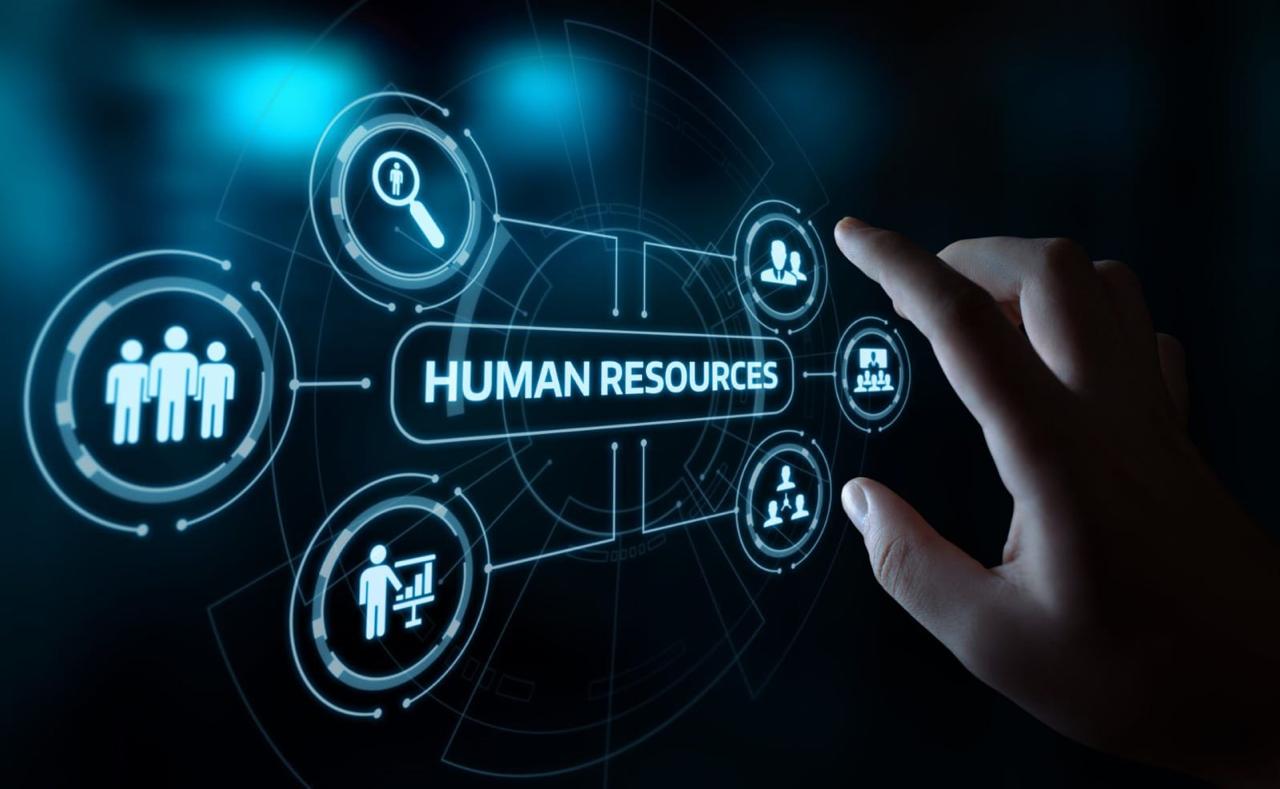WHY HR IS THE BACKBONE OF AN ORGANIZATION

Human Resources (HR) is often described as the backbone of any organization, and this analogy holds true for several compelling reasons. HR plays a pivotal role in shaping the culture, efficiency, and overall success of a company. Its multifaceted functions ensure that the organization operates smoothly, from recruitment and training to employee satisfaction and legal compliance.
1. Recruitment and Talent Acquisition
One of the primary functions of HR is to attract and retain the best talent. This process involves crafting job descriptions, conducting interviews, and selecting candidates who not only possess the required skills but also fit well with the company culture. Effective recruitment strategies ensure that the organization has a competent and motivated workforce, which is essential for achieving business goals.
2. Training and Development
Once the right talent is onboard, HR is responsible for their continuous development. This includes organizing training programs that enhance employees' skills and knowledge, ensuring they stay updated with industry trends and technologies. By investing in employee development, HR helps in fostering a culture of continuous improvement and innovation, which is crucial for the organization's long-term success.
3. Employee Relations and Engagement
HR is instrumental in maintaining healthy employee relations. This involves addressing grievances, fostering a positive work environment, and ensuring open communication between management and staff. HR initiatives aimed at boosting employee engagement can lead to higher job satisfaction, reduced turnover rates, and increased productivity.
4. Performance Management
HR oversees performance management systems, which include setting clear performance standards, conducting evaluations, and providing feedback. This process helps in identifying high performers, addressing underperformance, and aligning individual goals with the organization's objectives. Effective performance management ensures that employees are working towards the common goal of the organization’s success.
5. Compliance and Risk Management
Ensuring compliance with labor laws and regulations is a critical HR function. HR departments are responsible for staying abreast of legal changes, implementing policies to prevent legal issues, and managing risks related to employee relations. By doing so, HR protects the organization from potential legal pitfalls and promotes a fair and safe workplace.
6. Strategic Planning
HR plays a key role in strategic planning by aligning human resource strategies with the organization's goals. This involves workforce planning, succession planning, and analyzing trends to predict future HR needs. By contributing to strategic decision-making, HR helps ensure that the organization is well-prepared to meet future challenges.
In conclusion, HR is indeed the backbone of an organization, providing essential support that spans recruitment, development, employee relations, compliance, and strategic planning. Without a robust HR function, organizations would struggle to attract and retain talent, manage performance, and navigate the complexities of legal compliance. Therefore, recognizing and investing in HR is crucial for any organization aiming to achieve sustainable success and growth.